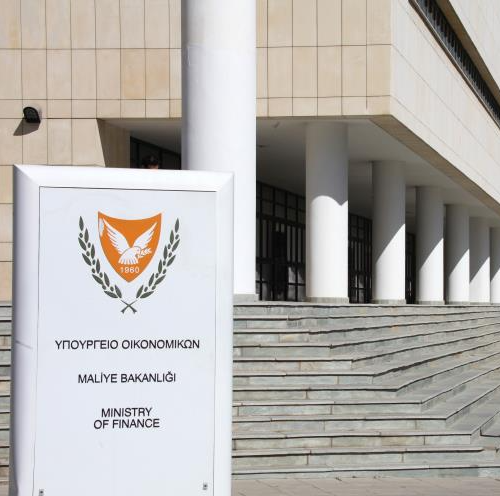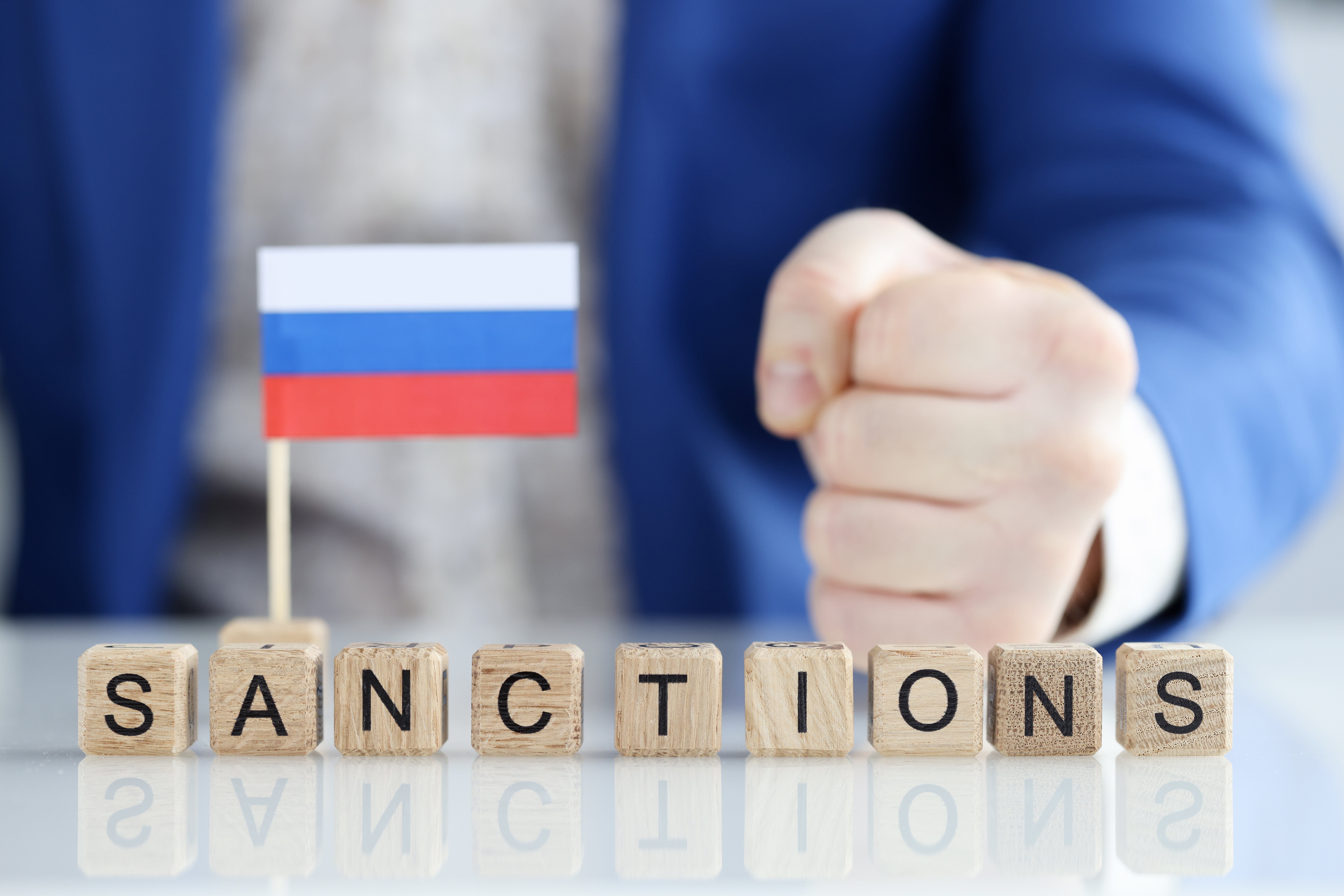Cyprus has taken a decisive step toward strengthening its financial integrity with the launch of the National Sanctions Implementation Unit (NSIU), known in Greek as the Εθνική Μονάδα Εφαρμογής Κυρώσεων (EMEK). The NSIU represents a fundamental restructuring of how sanctions are implemented and enforced in Cyprus. By centralizing oversight, closing enforcement gaps, and aligning with international and EU standards, Cyprus is making clear that sanctions compliance is a national priority.
This reform came into force on 25 July 2025, backed by a legislative package of three new laws. Together, they introduce a stronger and more cohesive framework for applying sanctions measures from the EU and the UN, while also giving Cyprus the ability to impose its own national sanctions where necessary. Importantly, the new framework incorporates the requirements of EU Directive 2024/1226, ensuring that Cyprus is fully aligned with the EU’s harmonized approach to sanctions enforcement.
One of the most significant provisions is the introduction of mandatory reporting obligations. For the first time, all individuals and companies must actively notify the NSIU if they hold funds or assets belonging to sanctioned persons. Reports must be filed within two weeks of becoming aware of such assets, while anyone newly added to an EU sanctions list must declare their assets within six weeks of designation. These obligations place clear responsibility on the private sector to actively participate in the enforcement system, thus closing loopholes that previously allowed assets to go undetected.
The NSIU itself operates under the Ministry of Finance and serves as the single point of contact for all sanctions-related matters in Cyprus, and its scope and remit are wide-ranging. It has the authority to investigate suspected breaches, impose administrative fines of up to €100,000 plus daily penalties for ongoing non-compliance, and issue binding directives to compel corrective action. It is also the sole authority for granting licenses or exemptions that allow transactions otherwise restricted under sanctions, replacing a previously complex process. In addition, the NSIU coordinates the work of law enforcement, customs, and regulatory bodies, ensuring a unified national response to cases of sanctions evasion.
These administrative powers are backed by a strengthened criminal regime. While the NSIU itself can impose fines for non-compliance, intentional violations of EU sanctions fall under the scope of Directive 2024/1226, which provides for far more severe penalties. Companies can be fined up to 5% of global annual turnover or €40 million, whichever is higher, while individuals face potential prison sentences of up to five years. This dual system ensures that both inadvertent failures and deliberate misconduct are met with proportionate consequences.
The establishment of the NSIU shows that Cyprus is not only meeting its international obligations, but also taking a proactive stance in protecting its reputation as a credible financial hub. By building a centralized and modern enforcement system, Cyprus is making sanctions compliance a foundation of its financial framework.
For businesses, the new reforms send a clear message that sanctions compliance in Cyprus is no longer a passive exercise but a core requirement. It is crucial for companies to act quickly to adapt by strengthening internal controls to ensure systems can detect, freeze, and report assets linked to sanctions. In addition, internal due diligence processes should be updated, to screen more rigorously for sanctioned parties.
MK Compliance Limited provides sanctions-related consulting services, including drafting and tailoring Sanctions Compliance Manuals to align with your operations and regulatory standards. We also prepare legal opinions, transaction reviews, screenings, and background checks on clients, counterparties, and related individuals or entities, helping ensure your business remains fully compliant with all applicable sanctions and minimizing the risk of breaches.
In addition, we provide daily, weekly, or monthly updates on sanctions and AML regulatory developments. These updates keep you informed of the latest regulatory changes and ensure comprehensive and up-to-date compliance.
The content of this article is valid as at the date of its first publication. It is intended to provide a general guide to the subject matter and does not constitute legal advice. We recommend that you seek professional advice on your specific matter before acting on any information provided.
For further information or advice, please contact info@compliancemk.com.




